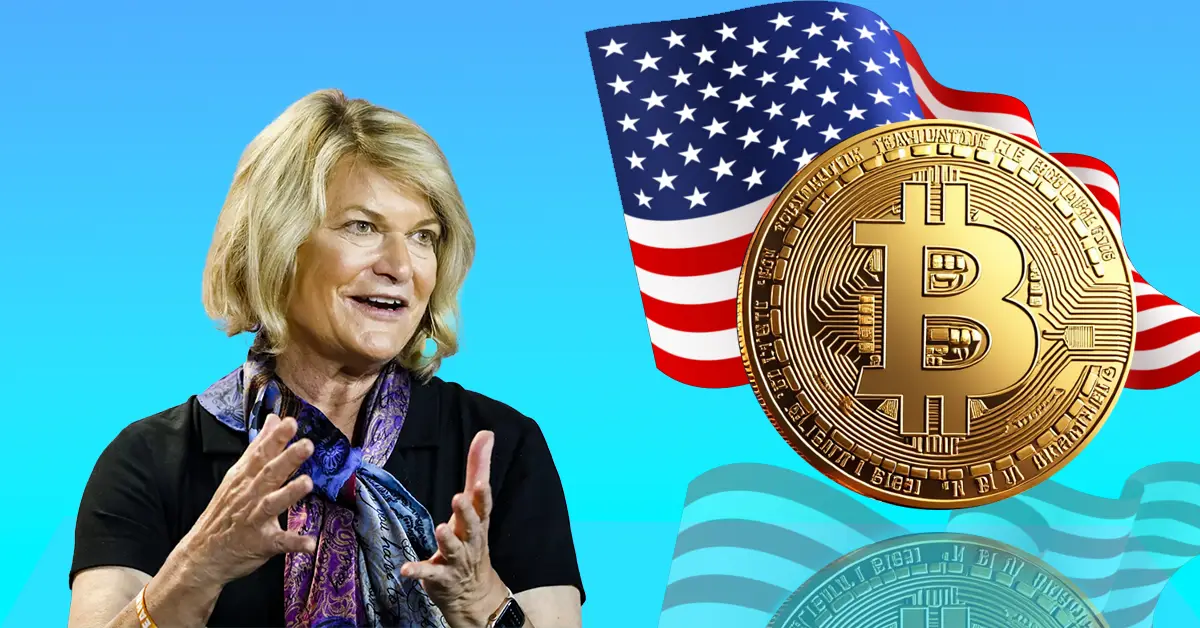
The United States government, under the leadership of President-elect Donald Trump, is seriously considering the establishment of a Strategic Bitcoin Reserve. With Bitcoin reaching unprecedented highs, influential figures like Senator Cynthia Lummis and Dennis Porter are fervently advocating for this innovative initiative. By integrating Bitcoin into U.S. fiscal policy, the plan aims to fortify the U.S. dollar and potentially enhance national security. This audacious proposal could revolutionize America’s approach to monetary management.
Cynthia Lummis and Her Vision for Bitcoin
Wyoming Senator Cynthia Lummis has been a staunch advocate of Bitcoin for an extended period. She perceives Bitcoin not merely as a digital currency but as a pivotal component of America’s financial future. Lummis is championing a proposal that seeks to convert a portion of the U.S. gold reserves into Bitcoin. According to her, this strategic move could save the government billions of dollars while simultaneously bolstering the strength of the dollar.
Lummis is not alone in her endeavor. She is joined by David Sacks, a venture capitalist dubbed the “Crypto Czar,” who is collaborating with her to push for legislation that would incorporate Bitcoin into the U.S. reserves. This alliance aims to ensure the robustness of the economy as it transitions further into the digital era.
Dennis Porter and the Executive Order
Dennis Porter, CEO of the Satoshi Action Fund, has taken significant strides by sharing the initial page of an Executive Order through a social media post. This Executive Order could be instrumental in establishing the Strategic Bitcoin Reserve, permitting the U.S. Treasury to manage Bitcoin as a reserve asset alongside traditional assets like the dollar and gold.
The proposed Executive Order also suggests reallocating approximately 200,000 Bitcoin—valued at around $20 billion and previously seized in criminal cases—to become part of this reserve. Rather than auctioning these assets, they would be employed to fortify national financial stability. To maintain transparency, the Treasury would oversee Bitcoin with stringent security measures and conduct regular audits.
What’s Next for Bitcoin in U.S. Reserves?
Should the plan proceed, the Strategic Bitcoin Reserve could significantly influence the U.S. economy. It has the potential to reduce national debt, shield the country from inflation, and enhance the dollar’s competitiveness on the global stage. Moreover, it could strengthen the U.S.’s negotiating position against economic giants like China and Russia.
While the proposal appears promising, it is evident that numerous challenges persist. From legal complexities to market volatility, the forthcoming steps will be pivotal in determining whether this bold plan comes to fruition. The evolving landscape of cryptocurrency and fiscal policy will undoubtedly shape the future of Bitcoin’s role in U.S. reserves.






